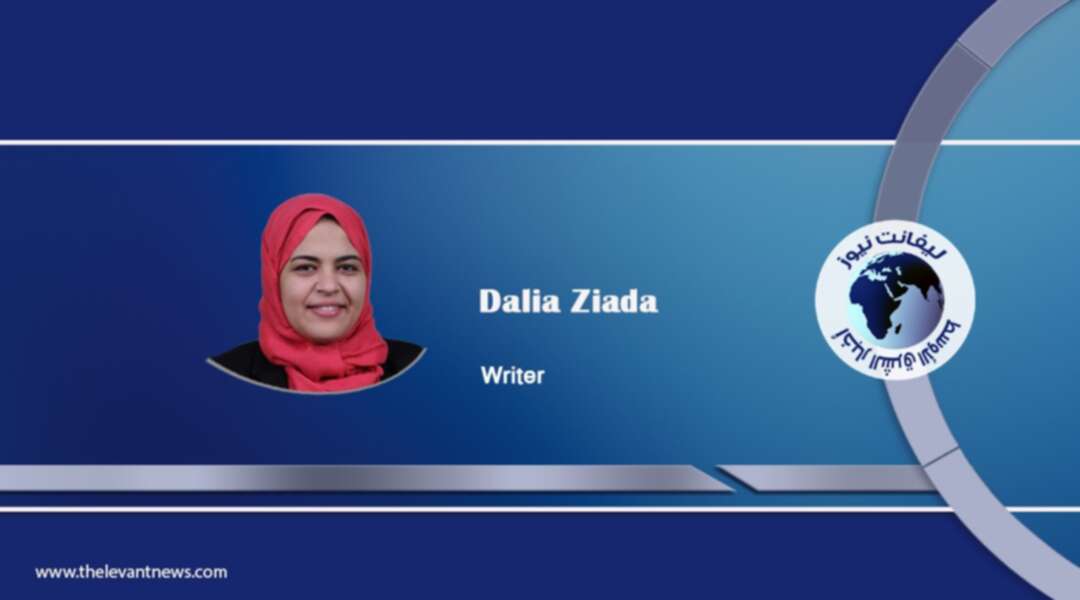-
Erdogan’s Dilemma in Libya

You are being deluded, if the recent developments in Libya made you think that Erdogan and his Muslim brothers at the Government of National Accord (GNA) are winning the civil war against the Libyan National Army (LNA). Look again, Erdogan is in real trouble in Libya and he does not know how to get out of the hole he dug for himself, without further hurting the economic interests and foreign affairs of Turkey.
Last year, Erdogan decided to move his proxy war from Syria to Libya. He flew more than 15000 of his mercenaries from Syria to Libya via Turkish airlines, and then deployed 1600 Turkish military officers from Syria to Libya, under the claim of protecting and supporting the Islamic political agenda of his brothers at the GNA. But, that is not the real reason for Erdogan’s involvement in Libya. The ongoing civil war, disagreements between tribes, and the safe presence of terrorist organizations in Libya encouraged Erdogan, the Turkish president with the chief-thief mentality, to take advantage of the situation to satisfy Turkey’s constant hunger for Mediterranean gas and energy resources. Turkey is the biggest energy consumer in the Mediterranean basin, with annual energy bill that exceeds 41 billion dollars.
The Turkish strategy “Mavi Vatan” or “Blue Homeland,” launched 14 years ago, encompasses an ambitious plan for Turkey to win a geopolitical supremacy over the eastern Mediterranean, and, thus, sharing oil and gas drilling rights with east Mediterranean countries; including Egypt, Greece, and Israel. Other indirect stakeholders of interest in the oil and gas production at this region include the European Union and Russia. In December 2019, Turkey and the GNA signed a first-of-kind Maritime Boundary Treaty to establish an Exclusive economic zone in the Mediterranean that allows both Turkey and Libya to claim rights to ocean bed resources. The agreement also allows Turkey to control vessel movement and the gas pipes in the area. The legitimacy of the agreement has been disputed by affected countries in the eastern basin, Europe, Russia, and the United Nations.
The illegal game Erdogan has been trying to play in Libya is now firing back at him. The international community which tolerated Erdogan’s war crimes in Syria over the past six years, cannot turn a blind eye to his harassment to east Mediterranean countries. Turkey’s support to the political Islamist agenda of the GNA and implanting mercenaries in Libya poses a serious national security threat, not only to North African countries like Egypt, Algeria, and Tunisia, but also to Israel, France, Italy, and Greece. The Turkish assault on Syria has been tolerated by super powers, like the United States and Russia, because it served their respective foreign policies in the Middle East. Erdogan is the US and Russia ally closest to Syrian borders, and Erdogan’s party has strong economic and political relations, though illegitimate, with Islamic State terrorists (ISIS) northeastern Syria. However, the Turkish involvement in Libya is another story. Erdogan’s support to GNA is already acting as a threat to the interests of North African countries, South European countries, as well as Russia and the United States.
On June 6th, the Egyptian President Abdel Fattah El Sisi, LNA Commander General Khalifa Hifter, and Speaker of Libyan parliament Aqila Saleh, released the Cairo Declaration, as an initiative to end the civil war and finding a political solution to reconstruct the Libyan national state. The surprising international support to the Cairo Declaration proves that Libya cannot be the new Syria for Erdogan. He is now fighting alone against the whole world for a territory that he has no right to claim, with foreign mercenaries and a depleting Turkish economy.
In all this, Erdogan fails to understand that he is the real obstacle in the way for Turkey’s prosperity and his removal from power is the actual solution for all Turkey’s economic, political, and international troubles.

by : Dalia Zaida
Tags
You May Also Like
Popular Posts
Caricature
BENEFIT Sponsors BuildHer...
- April 23, 2025
BENEFIT, the Kingdom’s innovator and leading company in Fintech and electronic financial transactions service, has sponsored the BuildHer CityHack 2025 Hackathon, a two-day event spearheaded by the College of Engineering and Technology at the Royal University for Women (RUW).
Aimed at secondary school students, the event brought together a distinguished group of academic professionals and technology experts to mentor and inspire young participants.
More than 100 high school students from across the Kingdom of Bahrain took part in the hackathon, which featured an intensive programme of training workshops and hands-on sessions. These activities were tailored to enhance participants’ critical thinking, collaborative problem-solving, and team-building capabilities, while also encouraging the development of practical and sustainable solutions to contemporary challenges using modern technological tools.
BENEFIT’s Chief Executive Mr. Abdulwahed AlJanahi, commented: “Our support for this educational hackathon reflects our long-term strategic vision to nurture the talents of emerging national youth and empower the next generation of accomplished female leaders in technology. By fostering creativity and innovation, we aim to contribute meaningfully to Bahrain’s comprehensive development goals and align with the aspirations outlined in the Kingdom’s Vision 2030—an ambition in which BENEFIT plays a central role.”
Professor Riyadh Yousif Hamzah, President of the Royal University for Women, commented: “This initiative reflects our commitment to advancing women in STEM fields. We're cultivating a generation of creative, solution-driven female leaders who will drive national development. Our partnership with BENEFIT exemplifies the powerful synergy between academia and private sector in supporting educational innovation.”
Hanan Abdulla Hasan, Senior Manager, PR & Communication at BENEFIT, said: “We are honoured to collaborate with RUW in supporting this remarkable technology-focused event. It highlights our commitment to social responsibility, and our ongoing efforts to enhance the digital and innovation capabilities of young Bahraini women and foster their ability to harness technological tools in the service of a smarter, more sustainable future.”
For his part, Dr. Humam ElAgha, Acting Dean of the College of Engineering and Technology at the University, said: “BuildHer CityHack 2025 embodies our hands-on approach to education. By tackling real-world problems through creative thinking and sustainable solutions, we're preparing women to thrive in the knowledge economy – a cornerstone of the University's vision.”
opinion
Report
ads
Newsletter
Subscribe to our mailing list to get the new updates!






















